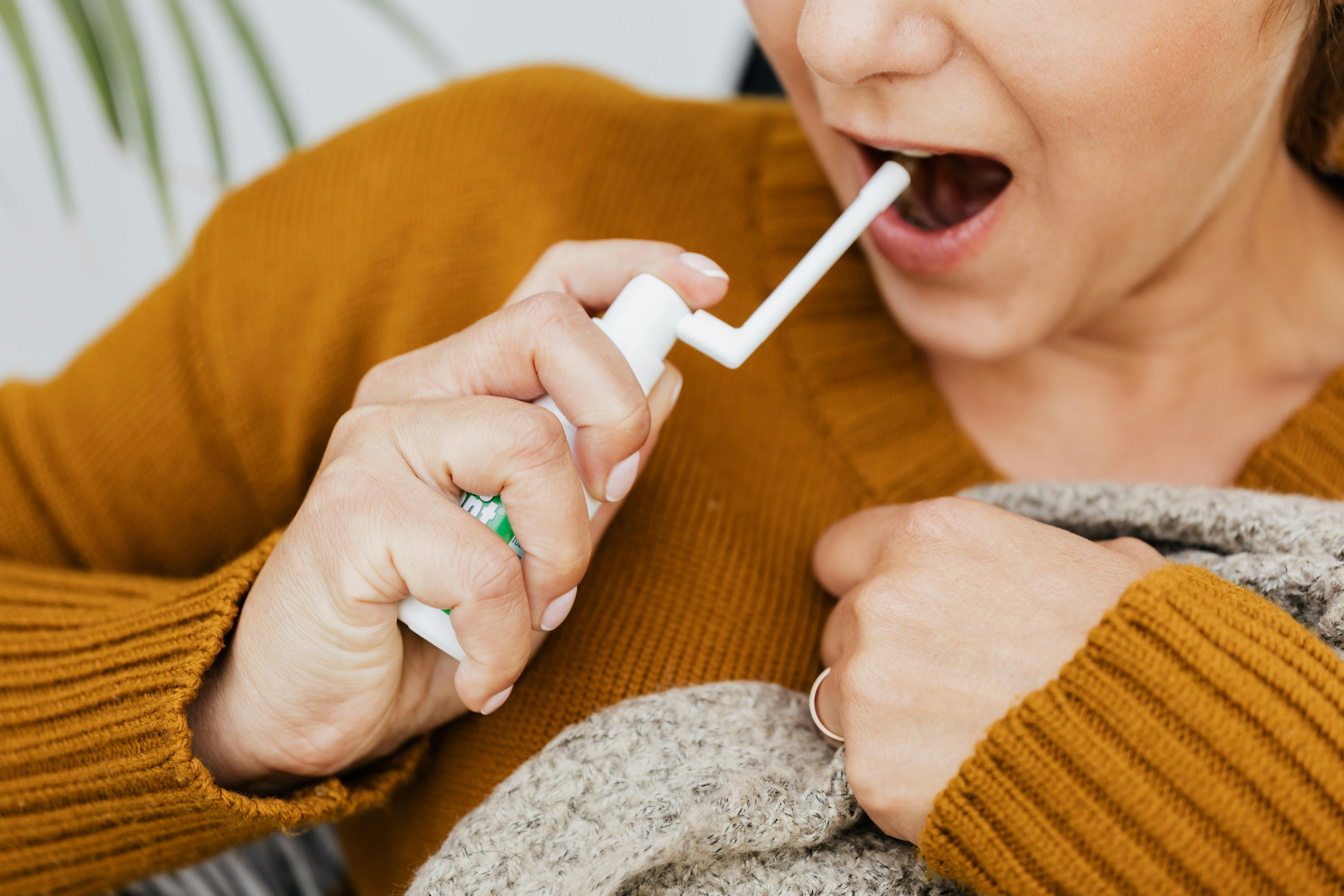Unexpected Twists and Turn in the Aftermath of Radiation Therapy
5. Nausea And Vomiting

Some individuals who have radiation therapy may experience nausea and vomiting. Nausea is when an individual feels the need to vomit, and vomiting is the mechanical action of food moving backward from the stomach out of the mouth. These side effects can occur with radiation therapy if the chest, brain, abdomen, or the pelvis are exposed to the high energy x-ray or particle beams. Damage to the cells that line the esophagus can cause the patient to have abnormal spasms in the area that can cause them to vomit or feel like they have to vomit. If an individual is having radiation to the head, the vomiting center in their brain could be inappropriately triggered if the nerve cells that contribute to that part of the brain become damaged. The tissues in the stomach lining can cause stomach upset if a patient's radiation treatment damages those types of cells. In some cases, radiation therapy aimed at the pelvis and abdominal area can damage the cells that make up their lining. This mechanism can result in inflammation and irritation of the digestive system, which can trigger nausea and vomiting.
6. Dry Mouth

Dry mouth and xerostomia are terms used to describe when an individual experiences a reduced quantity and quality of saliva. The salivary glands produce saliva. It helps kickstart the process of digestion, break down food, prevent tooth decay, and prevent mouth infections. An individual's mouth uses saliva to clean itself and keep the teeth healthy. Dry mouth can cause an individual to have problems talking, chewing, and swallowing. Dry mouth is an adverse side effect of radiation therapy administered to an individual's mouth, neck, or head. Radiation therapy uses beams of concentrated energy or particles in a focused area of the body to destroy the DNA of cancerous cells and inhibit their growth. However, radiation can also harm healthy cells in the targeted area, such as the cells that make up the salivary glands. When radiation causes damage to the salivary glands, they are unable to produce as much saliva.
